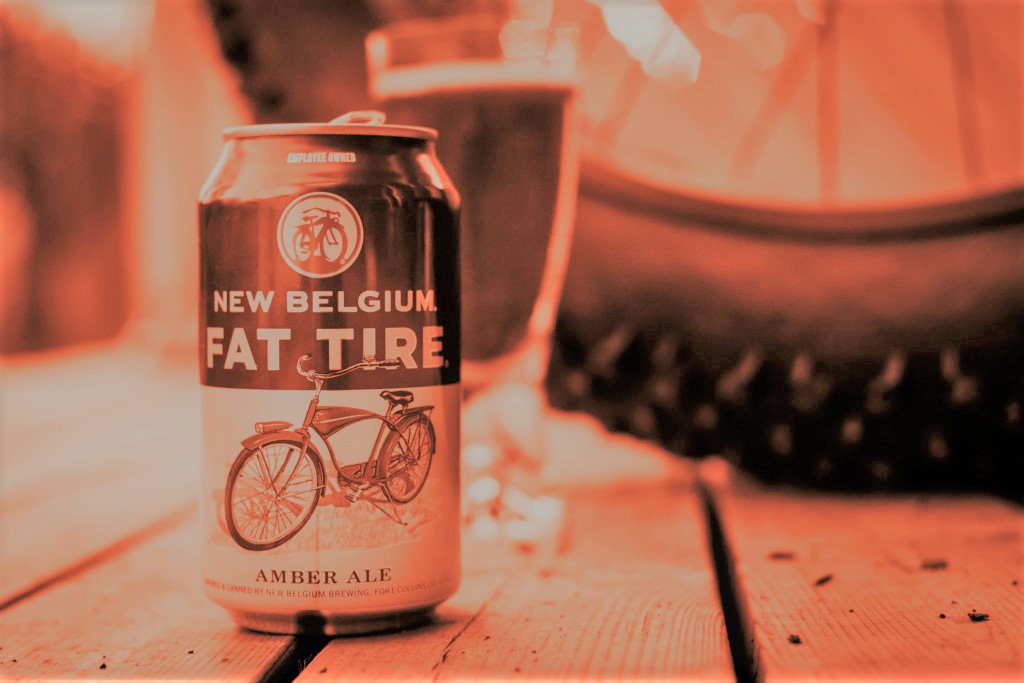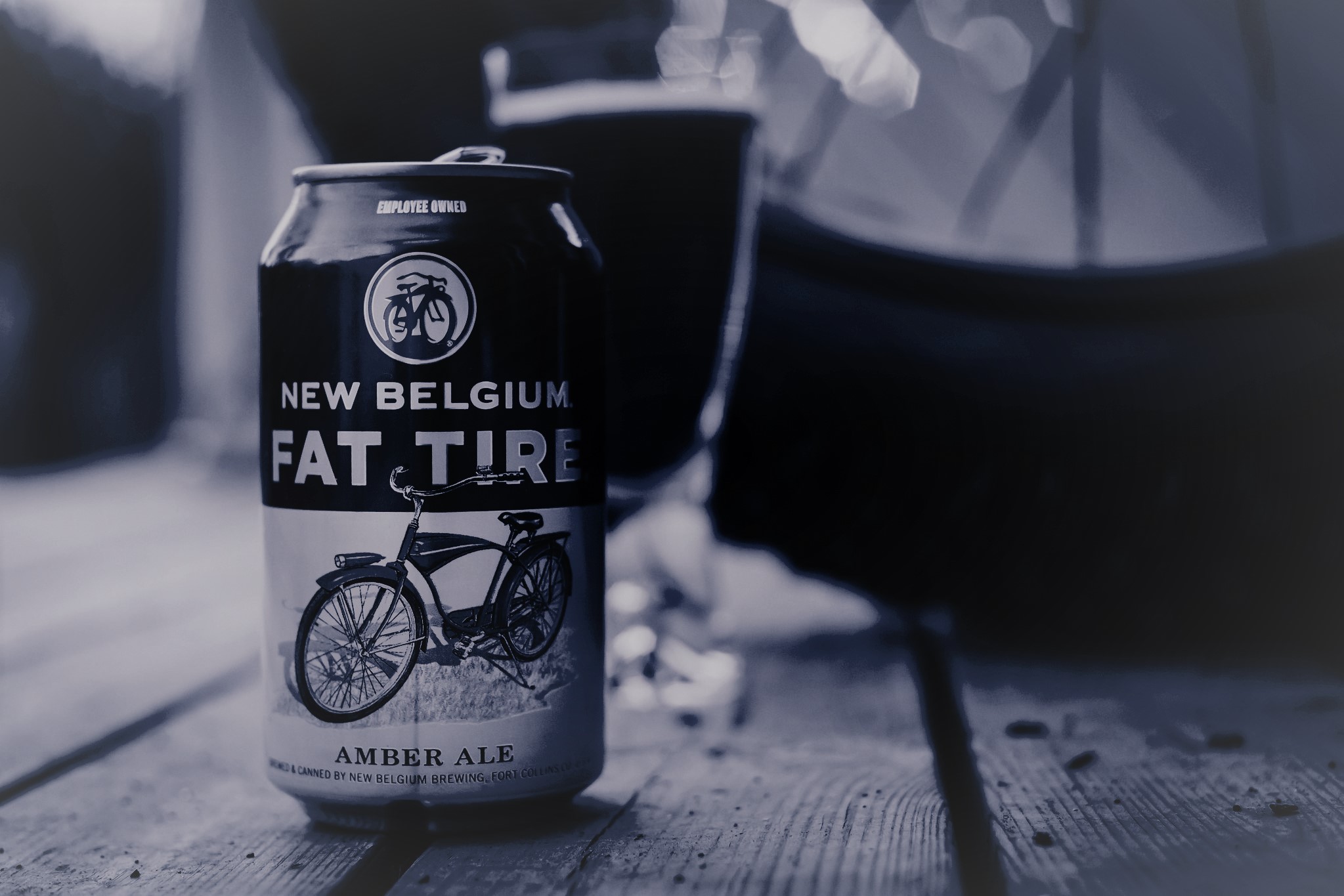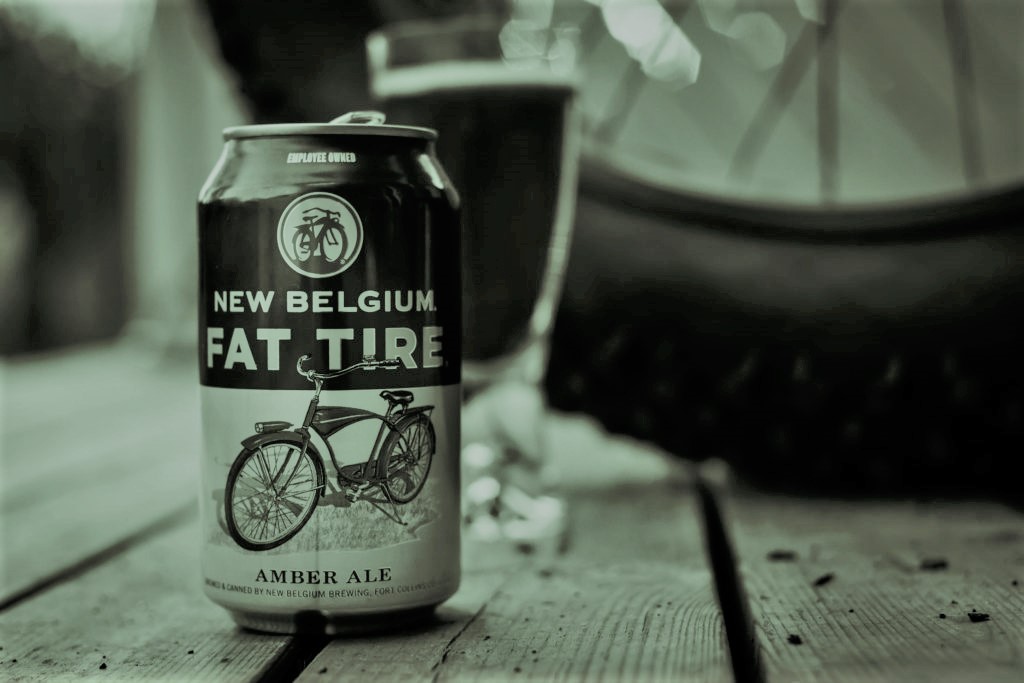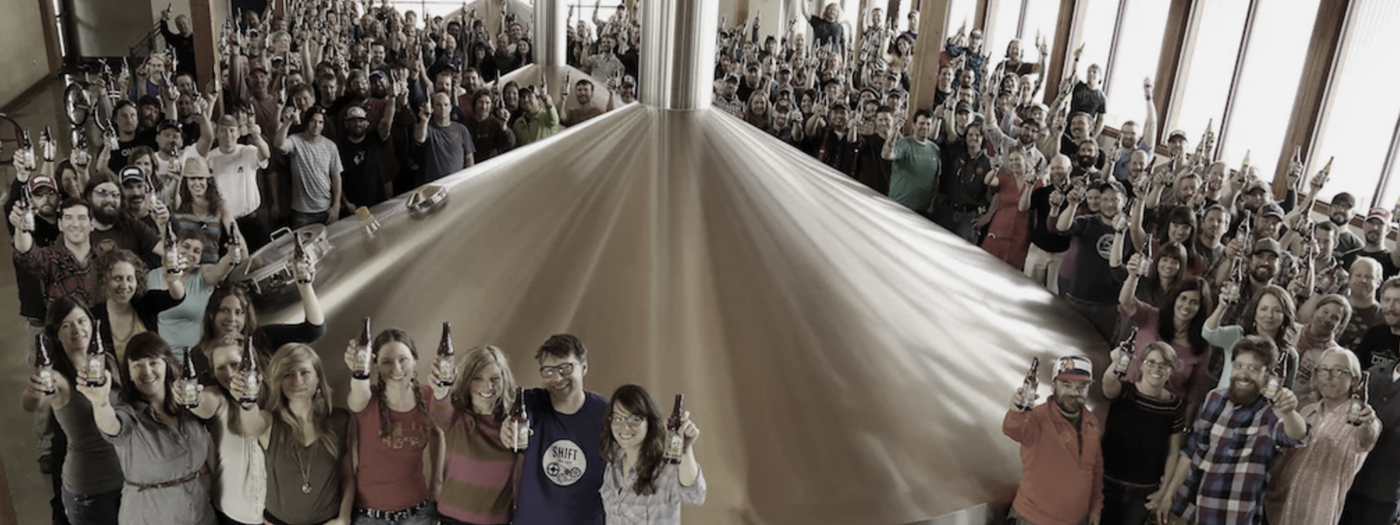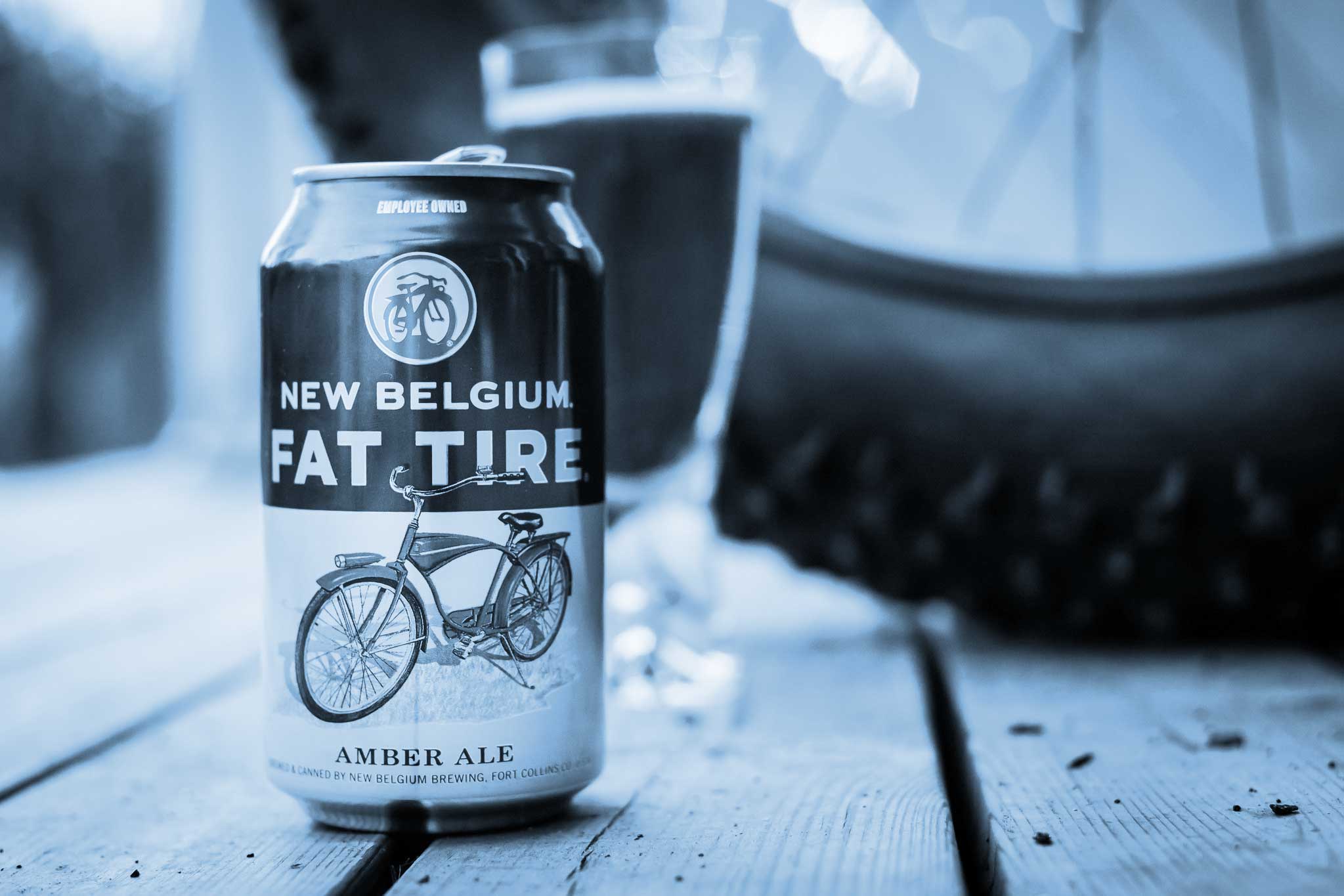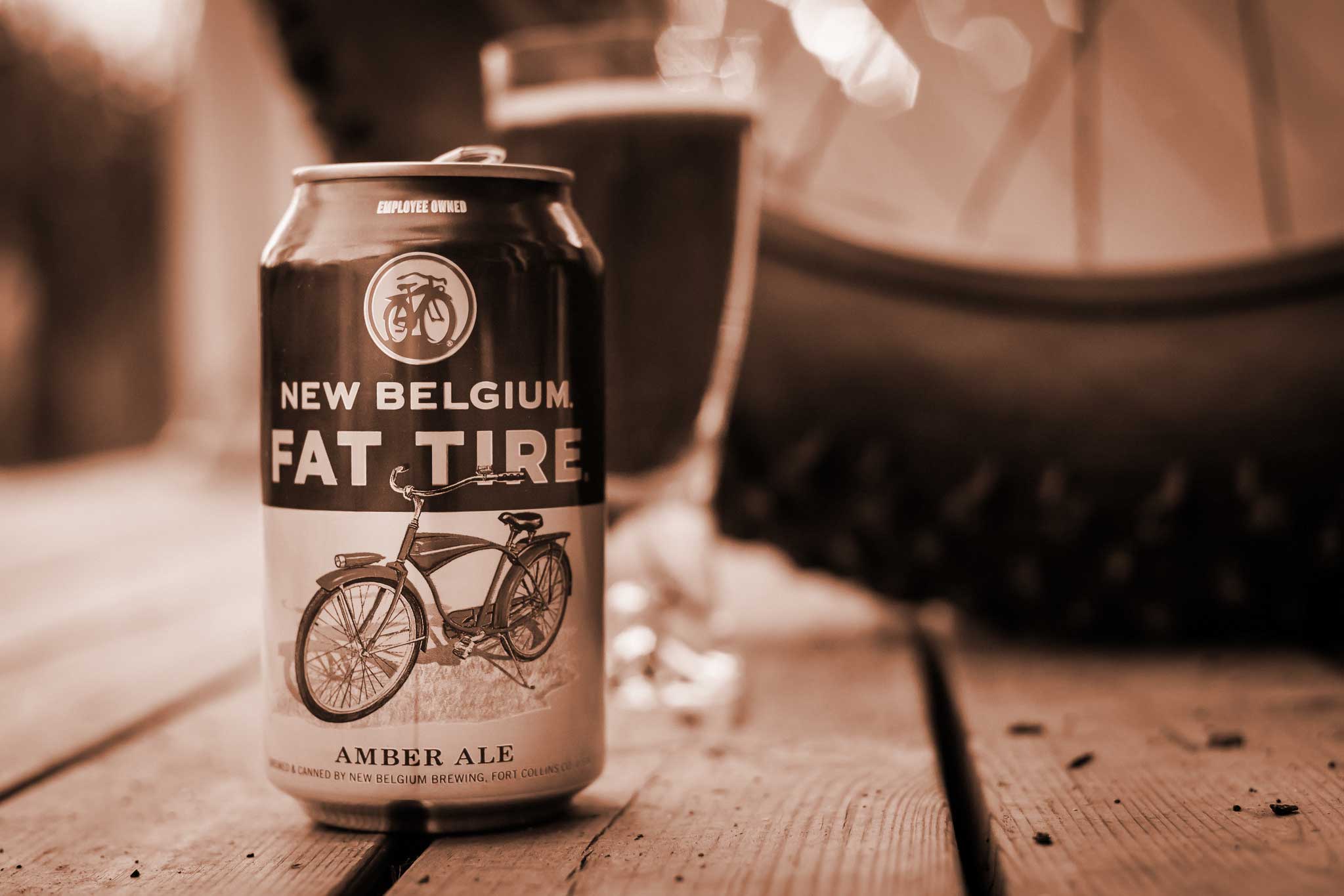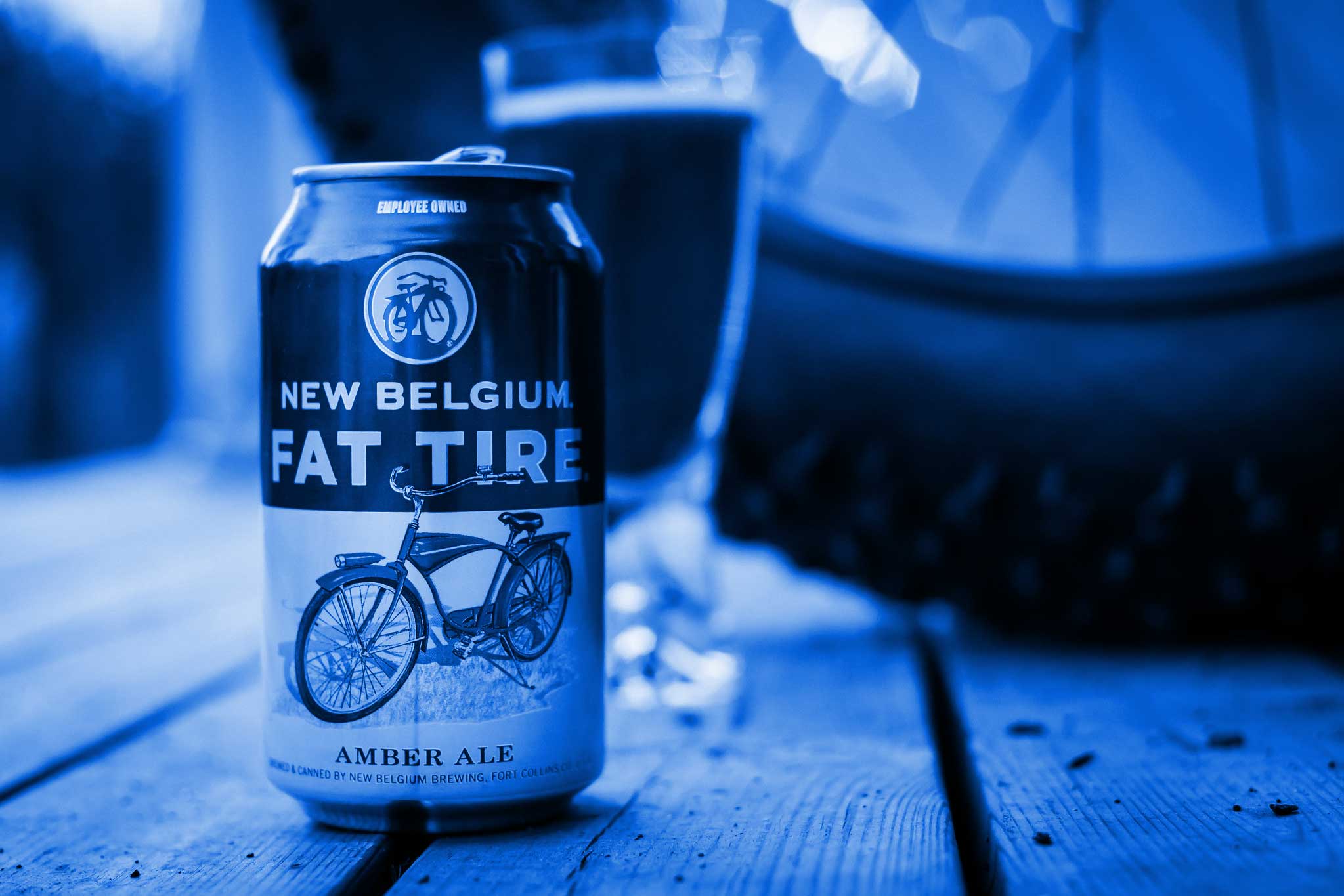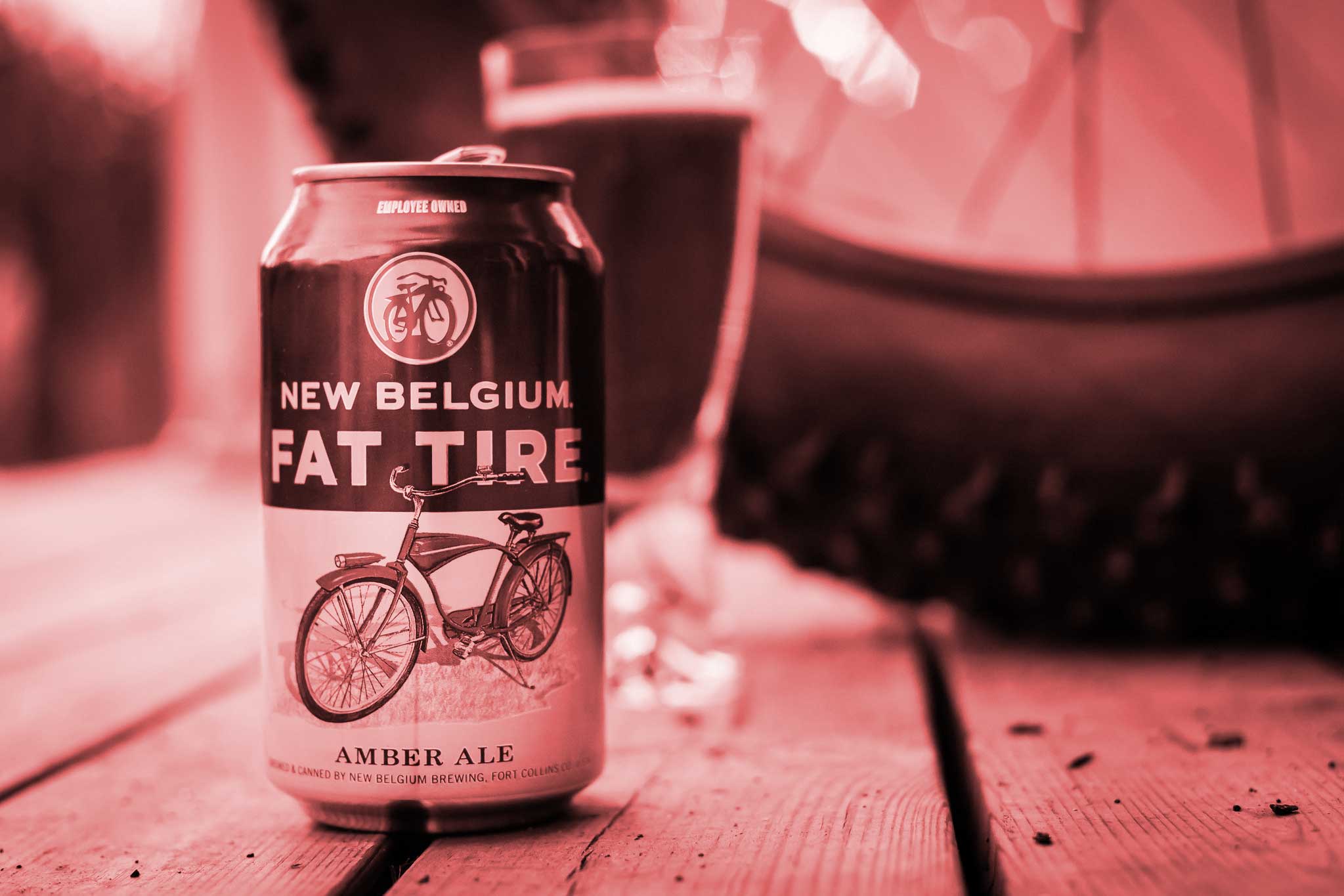A Conversation with Joseph Blasi
By Karen Kahn
Following the announcement that New Belgium Brewing would be sold to a subsidiary of Kirin Holdings, I spoke with employee ownership expert Joseph Blasi. Professor Blasi is the director of the Rutgers Institute for the Study of Employee Ownership and Profit Sharing, as well as co-author of The Citizen’s Share: Reducing Inequality in the 21st Century (Yale University Press, 2014). The comments below have been edited for brevity and clarity.
Why is it so difficult for successful ESOPs, like New Belgium, to remain employee-owned companies?
Blasi: Let’s start with cooperatives. Anyone who knows the history of worker cooperatives, knows that they are sometimes victims of their own success. If the cooperative is successful, the price of the shares goes up. It becomes very costly for new, younger workers to buy in. Additionally, there have been cases where worker-owners, recognizing the value of shares in their company, would push family members to buy in, creating a nepotism problem.
ESOPs solved this set of problems, because workers don’t have to buy into the plan. When a new employee joins the firm, they automatically join the ESOP. But high-performing ESOPs have other problems related to success:
- When a firm becomes majority employee owned, especially S corporations, they benefit from worker and manager motivation and problem solving. As with New Belgium, they often become highly effective companies, which can dramatically increase in value. As a result, the firm starts getting buy-out offers, and workers must decide whether to turn the value they’ve created into immediate wealth. But if the most successful ESOP firms become candidates for sale, how do we make ESOPs a bigger part of our economy?
- Since ESOPs are retirement plans, regulated under ERISA [the Employee Retirement Income Security Act of 1974] and managed by a trust, there must be an independent trustee. There is a legal question as to whether certain offers — offers that would clearly benefit the workers financially — need to be seriously considered or accepted. I have heard from a variety of experts that trustees may be too conservative when interpreting this issue. Some observers say, an offer is a chance to monetize wealth for the workers, and thus, its obligatory to seriously explore. Others have observed that keeping a successful company as an ESOP, where value can grow, may be a bigger long-term wealth opportunity for the workers.
Are there ways to put more protections in place, so that a successful ESOP would not necessarily be obligated to sell to the highest bidder?
Blasi: Some firms have tried to insulate themselves from the most conservative position of trustees — the belief that the obligation to maximize value for the workers overrides more long-term considerations — by becoming B Corps or otherwise embedding a multi-stakeholder mission into their articles of incorporation. New Belgium became a B Corp but that act was not itself sufficient (and I want to make clear I don’t know all the factors that contributed to the decision to sell). Therefore, I believe three responses are in order:
- Senior ESOP trustees need to get together with legal experts and determine what their obligation is when a buy-out offer is on the table. Perhaps there is more legal room than trustees perceive around this issue.
- To strengthen the position of trustees, there could be amendments to ERISA, such as a carve out that would provide a safe harbor for trustees who choose not to sell.
- More ESOP companies should go B Corp route — despite New Belgium’s experience — and strengthen their multi-stakeholder mission by embedding it in their articles of incorporation.
Other actions could also protect employee ownership over the long-term. For example, firms could:
- Sell part of the company — a minority stake — to a patient investor to secure a “wealth event” (a payout) for employees and, then, do another leveraged ESOP to slowly buyout the investor.
- Distribute more of the value of the firm in short-term cash profit sharing to give employees annual wealth events.
- Consider incorporating as a non-ERISA perpetual employee ownership trust, a model common in the UK.
- Consider embedding majority or 100 percent employee-owned firms in a federation to insulate them from being bought by mega-corporations. This would be similar to the Mondragon model in the Basque region of Spain. Mondragon Cooperative Corporation, founded in 1956, is a federation of over 100 cooperative businesses, employing over 73,000 people.
Any final thoughts?
Blasi: This is a case where success of an individual company, can turn into a broader issue for the entire sector. One doesn’t want to take away from New Belgium’s employee-owners who have created a successful firm and tremendously increased its value. The bigger issue is, can majority-owned firms that deliver high-quality jobs and significant wealth stay employee-owned, if that is what the workers want?
Karen Kahn is the editor of Employee Ownership News.
